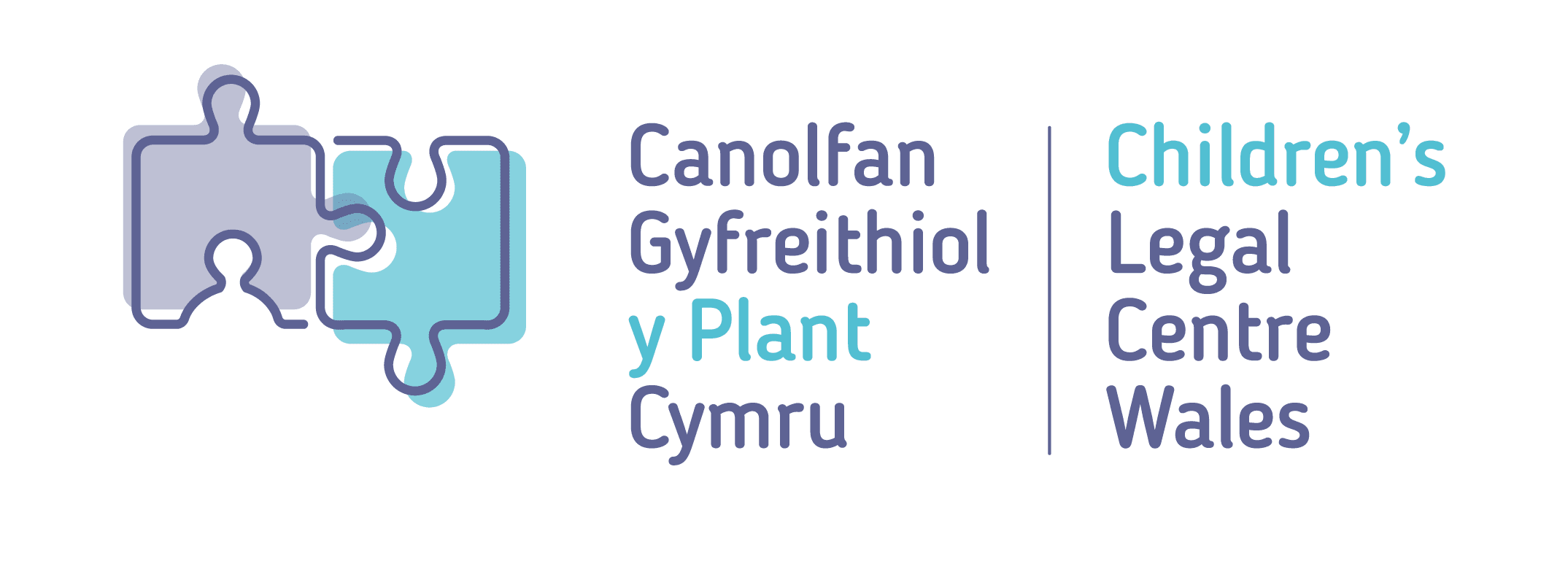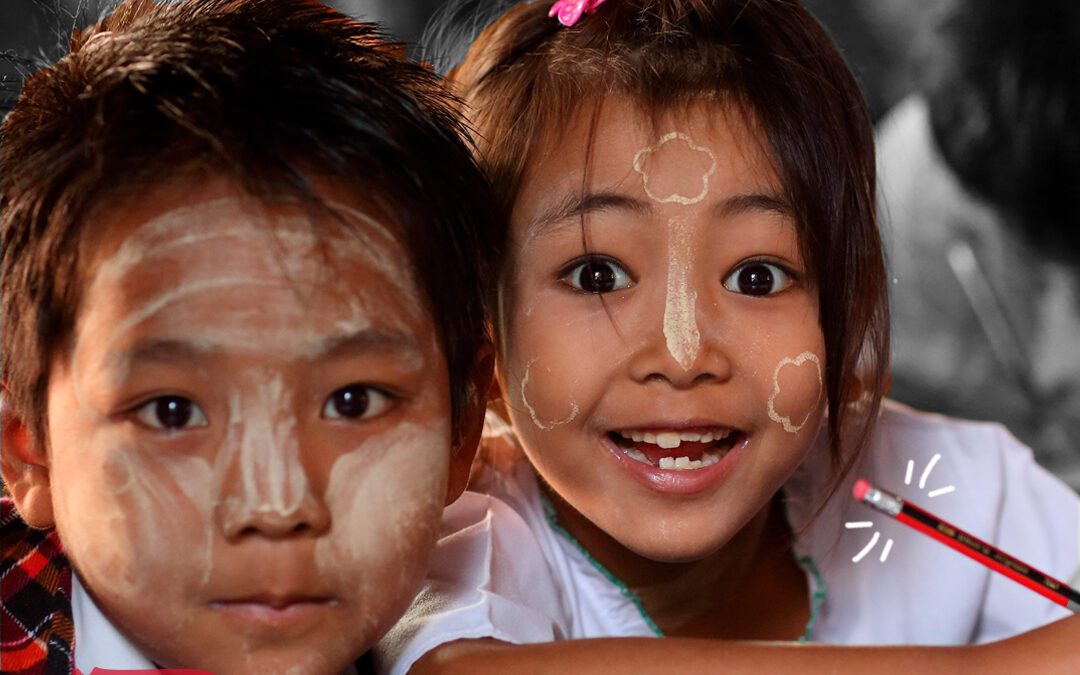The United Nations General Assembly has declared the 24th of January as ‘International Day of Education’. The aim of this day is to commemorate the role education plays in peace and development. Articles 28 and 29 of the UNCRC provides every child with the right to an education[1].
Although every child has the right to an education, it is an unattainable right for millions of children around the world. Globally there are roughly 72 million children of primary education age who are not in school,[2] while it is estimated that around 263 million children and youth are ‘out of school’[3]. This leads to children, and in later life, adults being illiterate or having limited prospects of improving their working or living conditions. Poverty is a leading contributory factor behind why many children are unable to access education[4].
Families living in poverty may have to choose between sending their child to school or sending them out to work to meet household expenses and basic needs. Although in some countries, such as the UK, families do not have to pay for an education, in many countries there are costs involved in sending children to school or providing things like transport, uniforms, books, writing materials etc. (including in the UK). This means that the poorest children are often denied education, or a proper education, because their families are unable to afford the costs involved in schooling. Some children are forced to stay at home or, in some countries, they have to work[5].
A sad fact about the right to education is that girls are more likely to be denied access to education than boys. Globally around 15 million girls will be denied the right to education, compared to 10 million boys[6]. Only 49% of countries worldwide have achieved gender equality in access to primary education[7]. These figures are shocking, and clearly demonstrate that huge numbers of girls and boys are denied access to education globally, it is girls who face the greatest barriers to accessing their right to education. This will affect not only their right to education today (as well as other rights, such as the right to development under Article 6 of the UNCRC), but will make it even more difficult for them to overcome discriminatory barriers they will face in later life: such as accessing the employment market.
In addition to poverty, children’s education globally has been severely affected by the COVID-19 pandemic.[8] Digital learning has become an essential service and the norm for some children.[9] This has meant children have had to be equipped with digital services – this comes with a cost and is not accessible for children living in poverty.[10] In the UK for example, the COVID-19 pandemic has increased the pressure families on low income are facing to meet their needs, including meeting the costs of support a child through their education.[11]
As mentioned above, education is vital for the development and the improvement of children’s future lives. Without the skills learnt from education, children face greater barriers in the future. It may impact their future regarding earning potential and employment later in life – threatening their ability to build a better future for themselves.
On the 24th January we should celebrate the right to education, and recognise its importance for children. But we should also be conscious that it is a right denied to many children, which should make us even more determined to tackle poverty in order that all children may benefit from a decent education.
[1] For more information see: https://www.unicef.org.uk/rights-respecting-schools/the-rrsa/the-right-to-education/
[2] https://www.humanium.org/en/right-to-education/
[3] http://uis.unesco.org/en/news/263-million-children-and-youth-are-out-school
[4] Ibid.
[5] https://borgenproject.org/lack-of-access-to-education/
[6] http://uis.unesco.org/en/news/263-million-children-and-youth-are-out-school
[7] https://www.unicef.org/education
[8] Discussed in a report on Covid-19 for the European Network of Ombudsmen for Children, available here: http://enoc.eu/wp-content/uploads/2021/10/Synthesis-Report-COVID-19-learning-for-the-future.pdf
[9] Ibid.
[10] Ibid.
[11] https://neu.org.uk/child-poverty-facts
Author: Elisa Jenkins (CLC Justice First Fellow)

